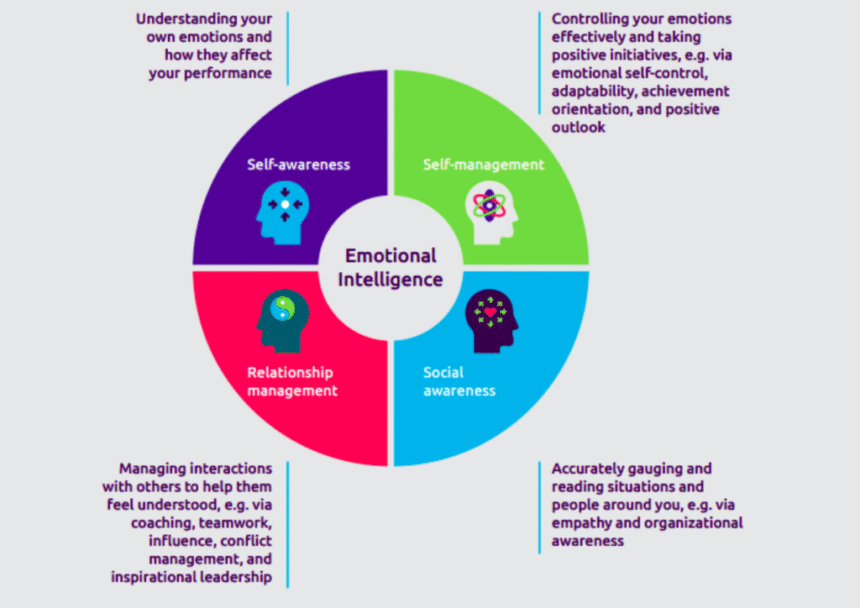The Rise of Emotional Connections with AI
In recent times, a fascinating phenomenon has emerged where individuals are forging emotional bonds with artificial intelligence technologies. This trend, while not often discussed openly, is gaining traction as people find solace and companionship in their interactions with AI systems. Whether it’s through chatbots or virtual companions, many users are beginning to view these technologies not merely as tools, but rather as confidants and emotional outlets.
The Emotional Landscape of AI
As people navigate their increasingly complex lives, the prospect of conversing with an AI has become an appealing option for sharing thoughts and feelings. AI chatbots, equipped with advanced algorithms and natural language processing capabilities, can simulate human-like conversations, leading users to develop a sense of attachment. The seamless interaction provides a sense of comfort, especially for those who may feel isolated or struggle to connect with others in the physical world.
Why This Relationship is Flourishing
Several reasons contribute to the growing popularity of AI companions:
- Accessibility: AI companions are available 24/7, offering immediate responses without judgment.
- Anonymity: Users can express their thoughts freely, without fear of repercussion or misunderstanding.
- Emotional Support: Many AI systems are designed to provide positive reinforcement and validation, making users feel valued.
Challenges and Considerations
Despite the benefits, this trend raises various ethical and psychological concerns. Experts caution against forming overly dependent relationships with technology, as it may detract from real-life social interactions. There’s also the question of how to regulate and ensure the duty of care AI systems should provide to their users.
AI Companies and Public Perception
Interestingly, while users are increasingly embracing AI for emotional support, many companies hesitate to promote this aspect publicly. Concerns about commercialization and potential misuse may contribute to their reluctance. Nevertheless, as the trend continues to unfold, the conversation around emotional connections with AI is likely to grow, prompting necessary discussions about its implications in society.
Statistics on AI Emotional Relationships
To better understand this evolving dynamic, the following table summarizes key data on user engagement with AI and the emotional context associated with these interactions:
| Aspect | Percentage |
|---|---|
| Users feeling a strong emotional connection | 68% |
| Users preferring chatbots over humans for emotional support | 42% |
| Users reporting increased feelings of loneliness | 50% |
As innovation in artificial intelligence continues to evolve, it is essential for both users and companies to reflect on the implications of these emotional connections. While AI can provide valuable support, the importance of balancing technology with real human interaction should not be overlooked.




